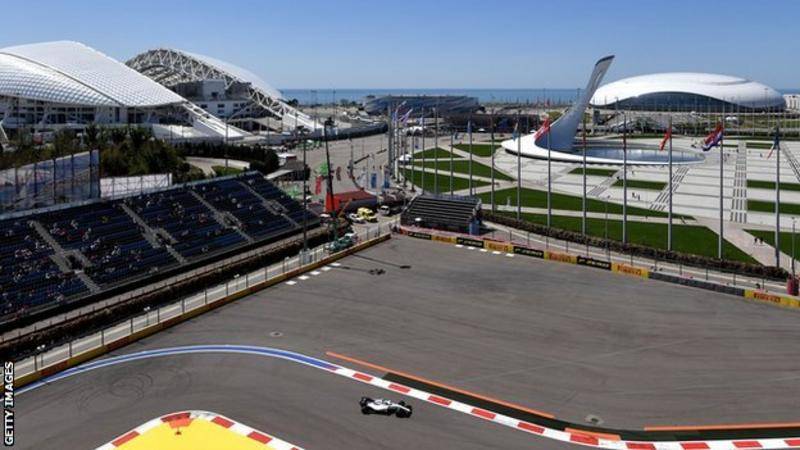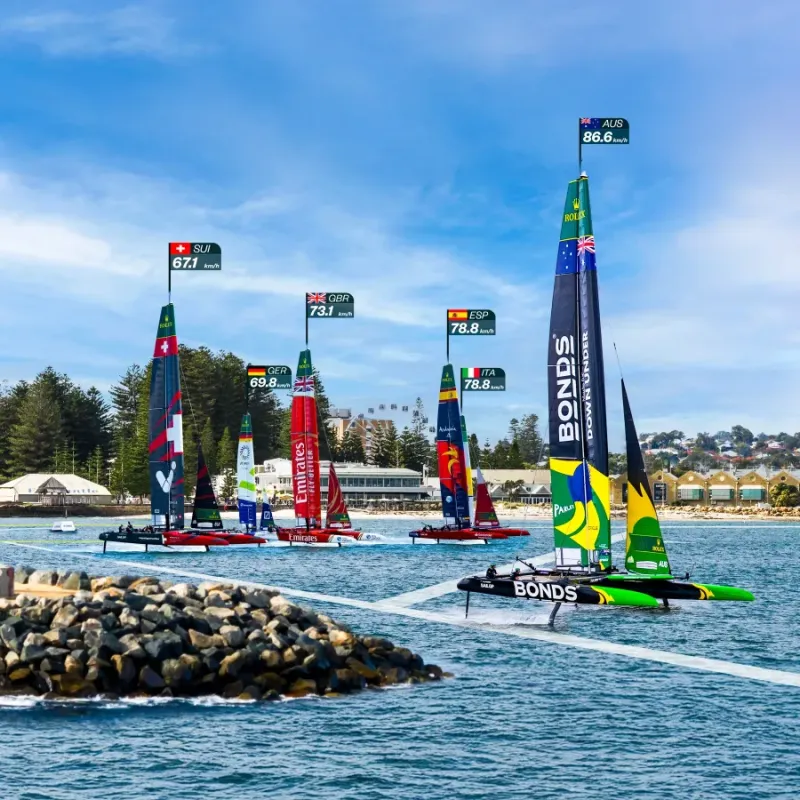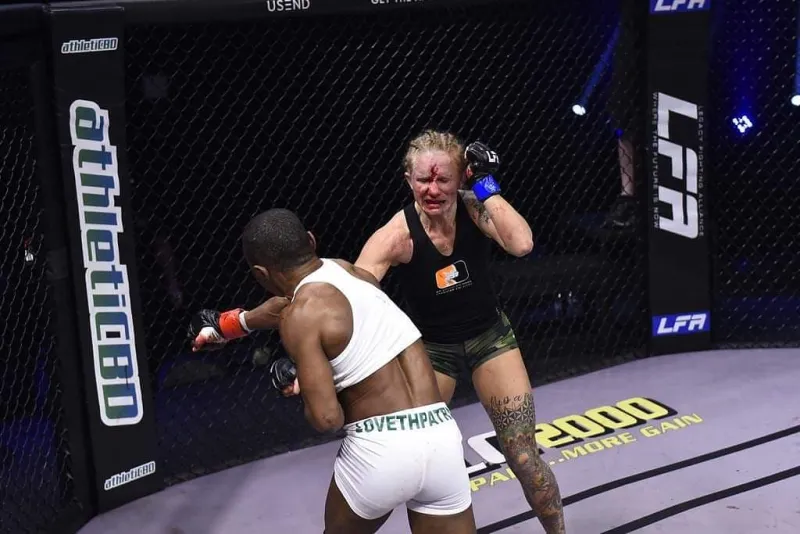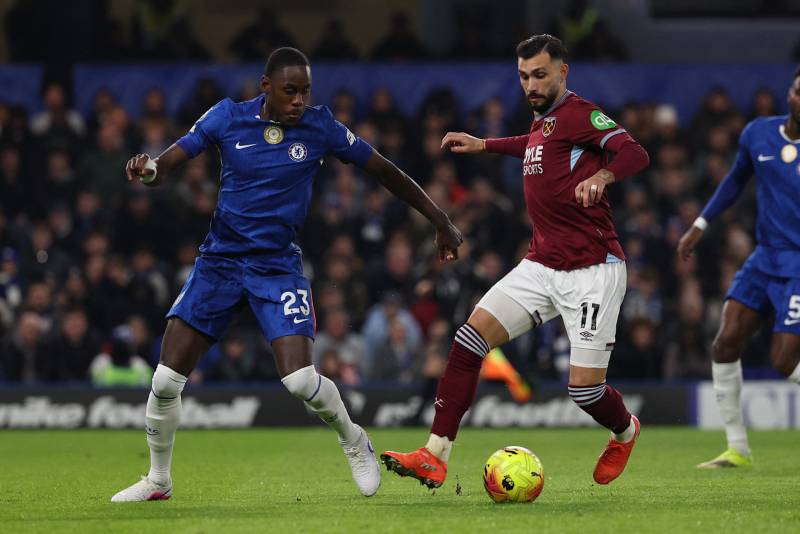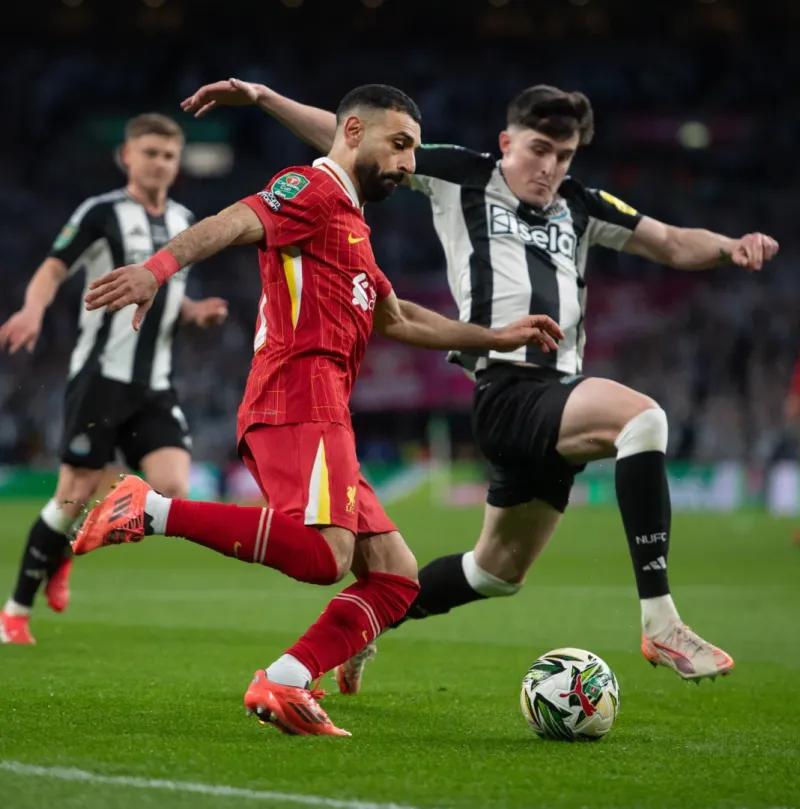The Russian Grand Prix contract has been terminated by Formula One.
In the aftermath of Ukraine's invasion, the sport's commercial arm, which controls the schedule, has decided that racing in the country is unfeasible.
The Sochi race, which was slated for September of this year, has already been canceled. The race will no longer take place in St. Petersburg, where it was scheduled to relocate in 2023.
In 2014, Russian President Vladimir Putin was instrumental in launching the event.
Putin, who has remained intimately involved with the race, maintains a palace near Sochi and calls St Petersburg home.
The decision implies that F1 will not be racing in Russia for the foreseeable future - basically, for as long as Putin is in power.
"Formula 1 can announce that it has terminated its contract with the Russian Grand Prix promoter, implying that Russia will not host a race in the future," the sport stated in a statement.
F1 has been debating what steps to take next in the days since canceling this year's event last Friday, a day after the invasion. Following what had occurred, it was determined that conducting a race in Russia was no longer viable.
The race is one of the most lucrative on the calendar and is under contract for a long time.
The stance by F1's commercial arm contrasts sharply with the governing body's decision this week to allow Russian competitors to compete in global motorsport events.
The FIA has already suffered blowback as a result of its international motorsport council's decision on Tuesday. The following day, the regulatory body of UK motorsport barred all Russian license holders from competing in the country.
The FIA supported their judgment by stating that it was in accordance with the International Olympic Committee's policy (IOC).
However, the International Olympic Committee (IOC), to which the FIA is affiliated, recommended on Tuesday that "event organizers not invite or allow Russian and Belarusian athletes and officials to participate in international competitions... in order to protect the integrity of global sports competitions and the safety of all participants."
It introduced a second condition that allows athletes and officials to participate on neutral terms "when this is not possible on short notice for a variety of reasons."
